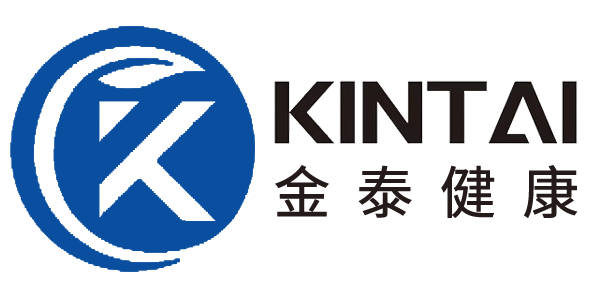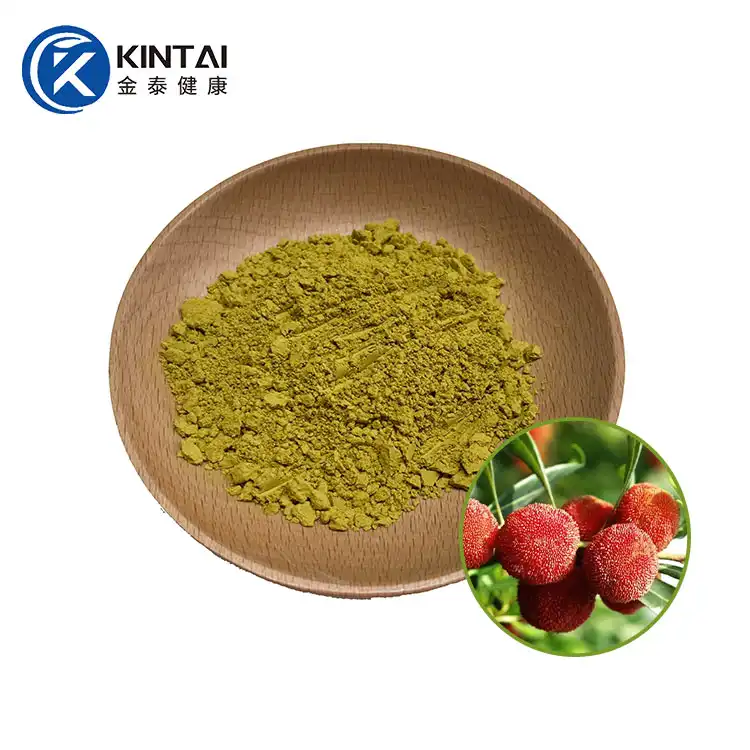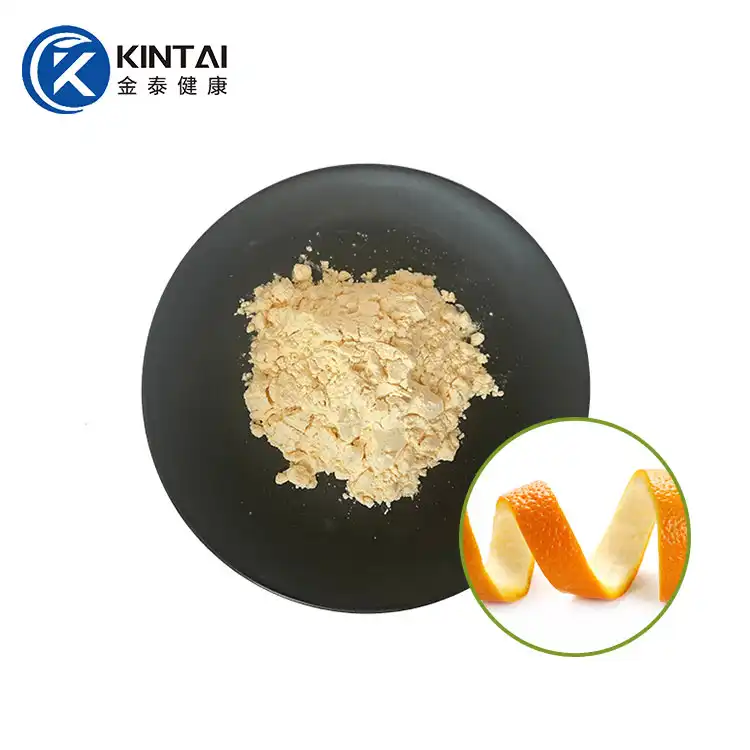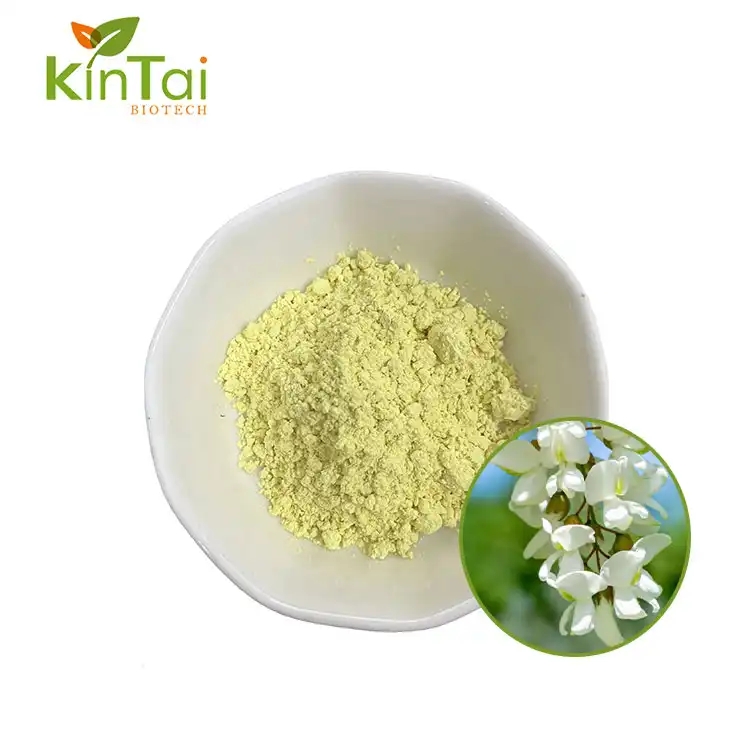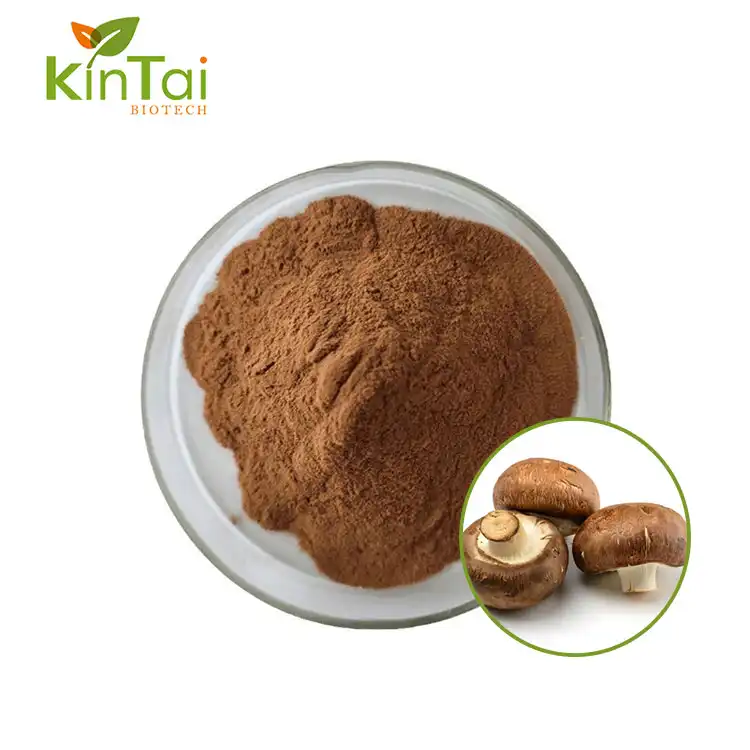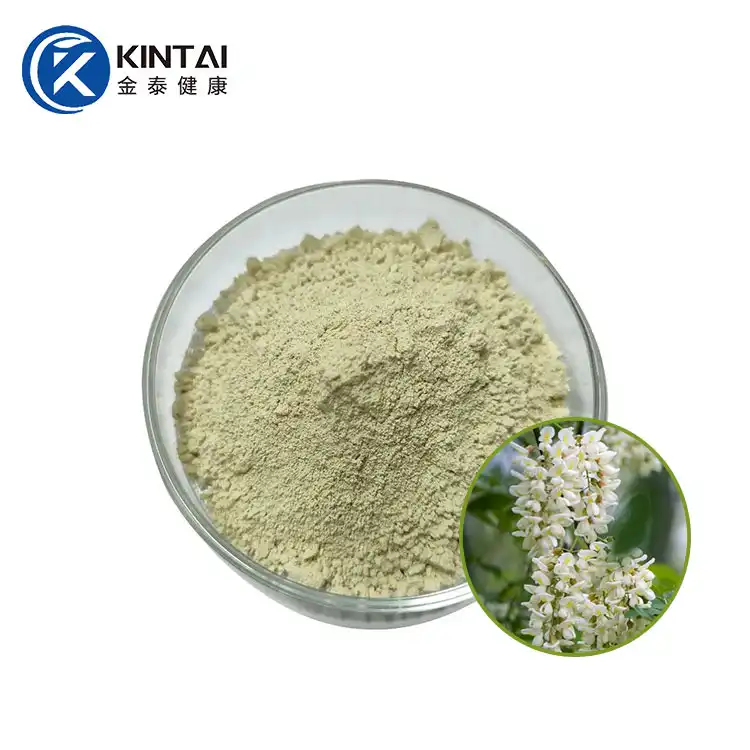what is baicalin?
2024-09-19 13:53:27
What is Baicalin?
Baicalin is a natural compound that has gained attention for its potential health benefits. Derived from the roots of Scutellaria baicalensis, a traditional Chinese medicinal herb, baicalin is known for its various pharmacological properties. In this composition, explore the sources of baicalin, its uses, and the implicit benefits it offers.
Sources of Baicalin
Baicalin is primarily found in the roots of Scutellaria baicalensis, also known as Chinese skullcap. This herb has been used in traditional medicine for centuries, particularly in East Asia. The extraction process involves isolating baicalin from the roots, making it available in supplement form for modern consumption. Additionally, certain foods also contain baicalin, contributing to its intake in our diets.

The Chemistry of Baicalin
Structural
Baicalin, scientifically known as 7-D-glucuronic acid-5,6-dihydroxyflavone, belongs to the flavonoid family. Its chemical structure is a testament to the intricate dance of carbon, hydrogen, and oxygen atoms, forming a blueprint that holds the key to its medicinal prowess.
Flavonoid Arsenal
As a flavonoid, Baicalin is part of a diverse group of compounds known for their antioxidant properties. Its chemical composition contributes to its ability to neutralize free radicals and combat oxidative stress within the body.
Incorporating Baicalin into Lifestyle
Dietary Sources
While Baicalin is available in supplement form, incorporating dietary sources such as Scutellaria baicalensis extracts or herbal infusions aligns with a holistic approach to wellness.
Supplementation Considerations
Those considering Baicalin supplementation should do so under the guidance of healthcare professionals. Tailoring dosage to individual health needs and considering potential interactions ensures a personalized and safe approach.
Foods Containing Baicalin
While baicalin is most concentrated in Scutellaria baicalensis, some foods also contain trace amounts of this compound. These include:
Radix Scutellariae (Chinese Skullcap): The primary source of baicalin, Chinese skullcap, is used in traditional medicine and herbal teas.
Propolis: A resinous substance produced by bees, propolis is known to contain baicalin along with other beneficial compounds.
Thyme: Some varieties of thyme contain baicalin, adding an extra layer of health benefits to this aromatic herb.
Oregano: Similar to thyme, oregano contains baicalin, providing an additional reason to include it in your culinary endeavors.
Baicalin's Uses
Baicalin is valued for its diverse range of uses, both in traditional and modern medicine. Some of its notable applications include:
Anti-Inflammatory Properties: Baicalin has demonstrated anti-inflammatory effects, making it a potential candidate for managing inflammatory conditions.
Antioxidant Activity: As a powerful antioxidant, baicalin helps neutralize harmful free radicals in the body, contributing to overall health.
Antiviral Effects: Research suggests that baicalin may parade antiviral parcels, making it a subject of interest in the development of antiviral specifics.
Neuroprotective Benefits: Some studies have indicated that baicalin may have neuroprotective effects, offering potential benefits for brain health.
Liver Protection: Baicalin has been investigated for its hepatoprotective properties, which may be beneficial for liver health.
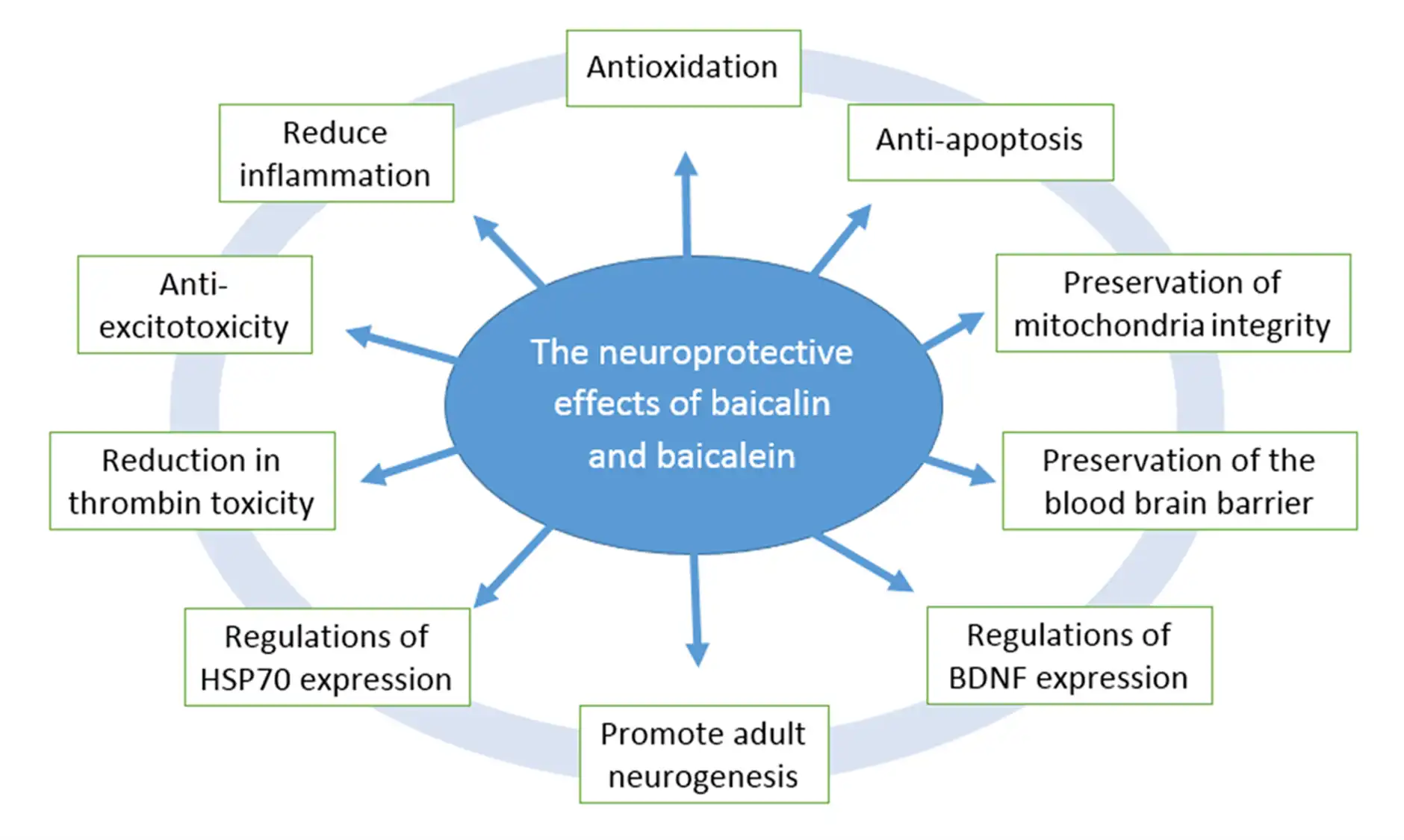
Baicalin's Potential Benefits
The potential benefits of baicalin extend to various aspects of health. Incorporating baicalin-rich foods into your diet or considering baicalin supplements may offer:
Joint Health: The anti-inflammatory components of baicalin may support health and may promote the treatment of conditions such as arthritis.
Heart Health: The antioxidant effects of baicalin may support cardiovascular health by reducing oxidative stress and inflammation.
Immune Support: Baicalin's antiviral properties may contribute to immune system support, helping the body defend against infections.
Cognitive Function: The neuroprotective effects of baicalin may have implications for cognitive function, potentially benefiting memory and brain health.
Ongoing Investigations into Baicalin's Potential
Cancer Research Trailblazing
The realm of cancer research is witnessing a surge in interest regarding Baicalin. Primary studies suggest its eventuality in inhibiting the growth of certain cancer cells, paving the way for farther examinations into its part in cancer remedy.
Immunomodulatory Exploration
Baicalin's influence on the immune system is under scrutiny, with researchers exploring its immunomodulatory effects. Understanding its impact on immune function could unveil new avenues in immune-related disorders.
Dermatological Horizons
Beyond internal health, the skin benefits from the antioxidant and anti-inflammatory attributes of Baicalin. Research exploring its potential in dermatological formulations is shedding light on its role in skincare and wound healing.
Safety and Considerations
Generally Recognized as Safe (GRAS)
Baicalin, when used in appropriate doses, is generally considered safe. It has been included in the list of "Generally Recognized as Safe" (GRAS) by regulatory authorities, affirming its safety profile for consumption.
Potential Drug Interactions
While largely safe, individuals on medications should exercise caution, as Baicalin may interact with certain drugs. Consulting with healthcare professionals is advisable, especially for those managing chronic conditions.
Conclusion
In conclusion, baicalin, derived from the roots of Scutellaria baicalensis, offers a range of potential health benefits. Whether obtained from traditional herbal sources or incorporated through specific foods, baicalin shows promise in various medical applications. In the vast spectrum of botanical wonders, Baicalin stands as a testament to the intricate synergy between traditional wisdom and modern scientific exploration. As ongoing research illuminates its pharmacological potential across various domains of health, from antioxidant defense to neuroprotection and beyond, Baicalin's tapestry in modern wellness unfolds as a dynamic and evolving narrative. Embracing this compound within the context of a balanced and informed lifestyle underscores its position as a remarkable thread in the fabric of holistic well-being.
While further exploration is demanded to completely understand its mechanisms and effectiveness, the current substantiation suggests that baicalin could be a precious addition to a health-conscious life.
References
World Health Organization. "WHO Monographs on Selected Medicinal Plants - Volume 1." [https://www.who.int/medicines/publications/WHO_MPS_96.1.pdf]
Li-Weber, M. "New therapeutic aspects of flavones: the anticancer properties of Scutellaria and its main active constituents Wogonin, Baicalein and Baicalin." [https://pubmed.ncbi.nlm.nih.gov/16230862/]
Gao, Z., Huang, K., Yang, X., Xu, H. "Free Radical Scavenging and Antioxidative Activities of Baicalin and Wogonin." [https://pubs.acs.org/doi/10.1021/jf030697v]
Chen, Y., Liu, Y., Sarker, M. R., et al. "Baicalin from Scutellaria baicalensis blocks respiratory syncytial virus (RSV) infection and reduces inflammatory cell infiltration and lung injury in mice." [https://pubmed.ncbi.nlm.nih.gov/31600372/]
